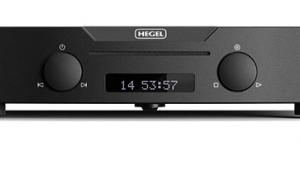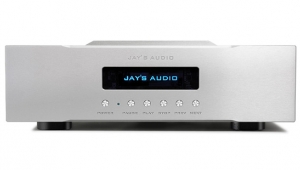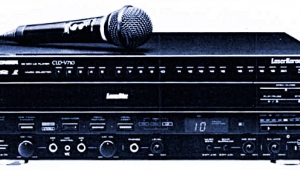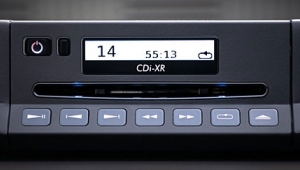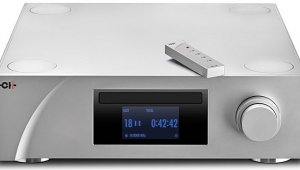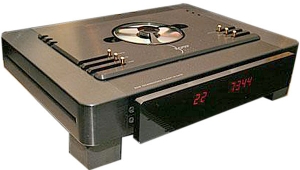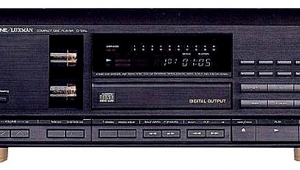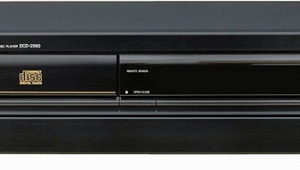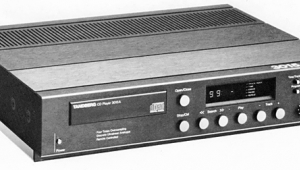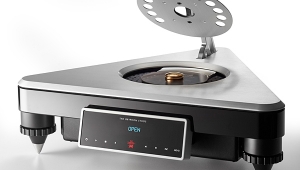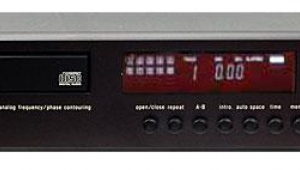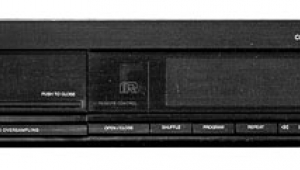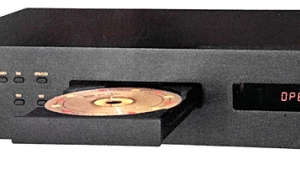| Columns Retired Columns & Blogs |
Why, oh why, do we get a vintage review of a cd recorder/player. These machines are obsolete. Don't get me wrong, I have a component cd recorder and use it occassionally.
To add to further irrelevance, the keepers of this website deem it important that we should read of a late 80's FM tuner. Don't get me wrong but I have three tuners and use them every day. Thank God for public/college radio in the NYC area.
OK, editors of Stereophile, what is the criteria for determining what vintage equipment reviews to publish on-line. For instance, I would rather put up a Music Reference MR9 amplifier (reviewed by DO) or a tuner, more important than the Marantz, like the Onyko T-9090 MkII.
So, to make a short story short, what is Stereophile's criteria on listing equipment reviews on this website?
As JA might say, "color me (un)impressed".




